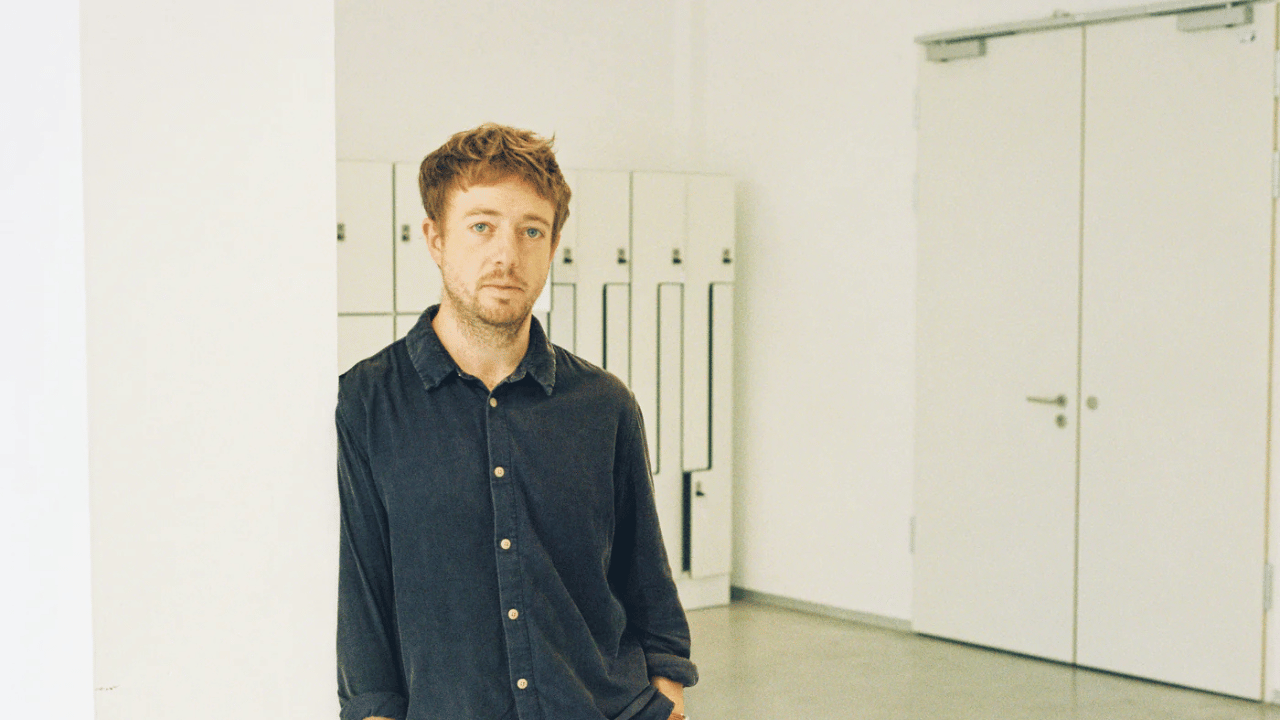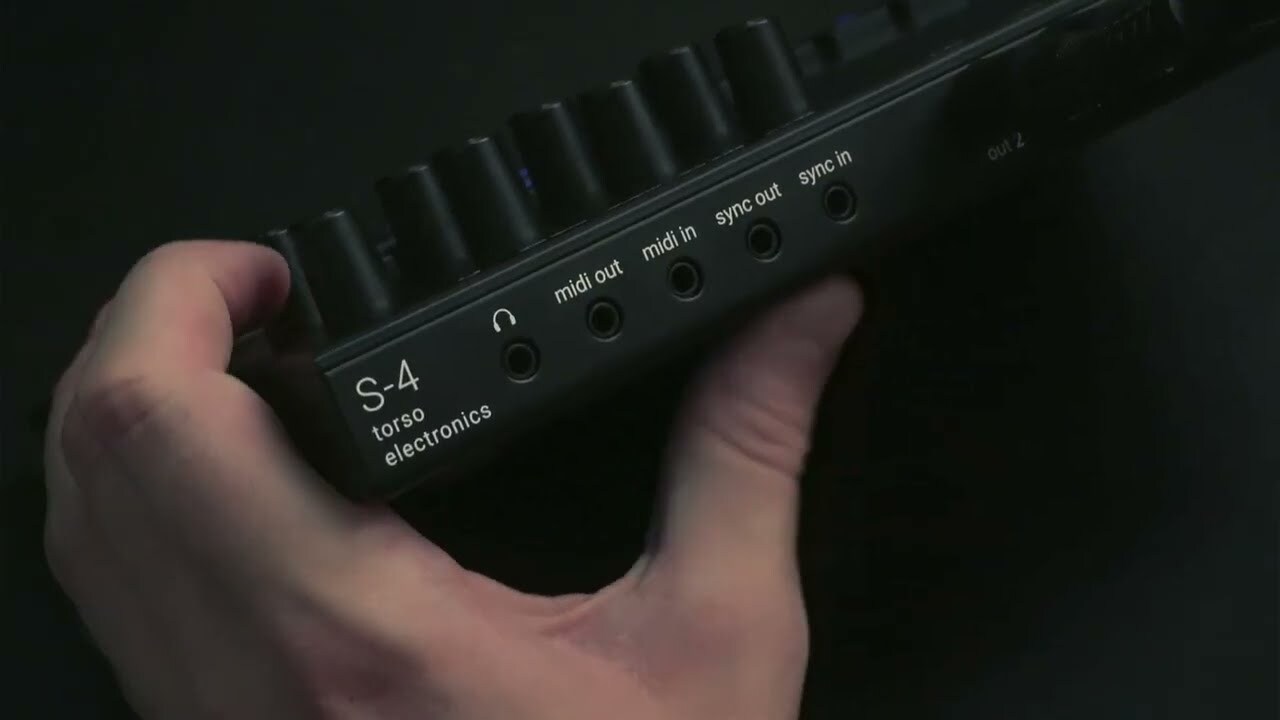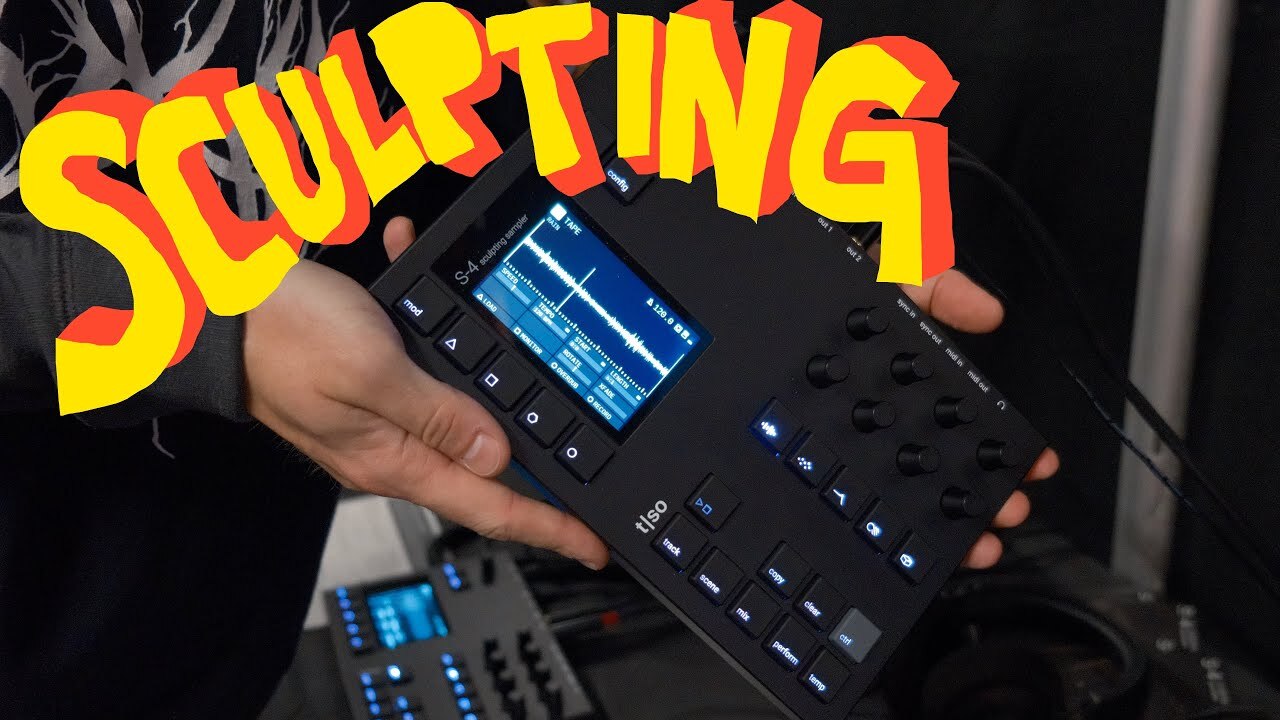How do you find inspiration?
That’s a big question to start! Fundamentally I think you have to live your life in a way that feels right and be open to the moments of inspiration when they come. I have loved music for as long as I remember and I’m equally interested in listening to it as much as making.
Practice and eternal optimism are the two key things to have!
How do you prepare yourself to go into a state of creativity?
I generally don’t and tend to just meet myself at the studio with whatever I’m carrying around that day. On a practical level all the things that are good for your health tend to give something back in creativity; sleep, emotional wellbeing and good gut health probably are a good place to focus - 2 out of 3 is a good goal.
Over the years, have you learned any good tips or tricks for staying in that state for as long as needed?
I think the answer to this is always changing but just comes down to always trying to be curious about what you’re interested in and being able to trust your instinct as it develops. The problem I think a lot of us face now is trying to create space in our lives to develop attention and focus - making time for boredom is incredibly important and difficult.
And how does that affect your music-making setup?
The main change I’ve noticed is working with a small mixing desk as the center of the studio. I just find myself more focused and non-judgmental when I’m working in that way - regardless of the source of the sound.
You seem technologically very explorative. Can you tell us a bit about what drives your curiosity for new instruments, and what it is you are looking for in them?
I think when I was younger it was the promise of some exciting new sound or a piece of gear that I was the answer. As you get more experienced you understand that most of the key differences between gear are in design and how you interface with it. I still get excited about new gear but I’m much slower to think it’s going to make a big difference to my work. That being said, just the experience of learning how to use some new instrument can be a great catalyst for ideas.

Photo by George Nebieridze
You’ve mentioned using the Torso Electronics T1 algorithmic sequencer. Can you tell us a bit about how you find it useful and for what musical purposes in your setup?
I was developing a live set up for my solo work and looking for things that would encourage an improvisational way of working - I’d seen a couple of videos and thought I’d give it a go. It was very immediate but also gives you more and more as you spend more time with it. It’s hard to pinpoint exactly why but I think it’s so well designed that I don’t see a creative ceiling for it - whatever my setup was (and I changed it a lot) the T1 expands what I can do with it.
It’s role can be small and just focused on something like a more expressive hi hat part and then you can zoom out and arrange a whole track with a load of moving and complex parts, and it’s quick to move between these mindsets. The more you use it, the more you develop an easy and physical relationship with it that is incredibly fluid between ideas and execution.
I realise this reads like I’ve been paid to write this! I paid full price and just happy to let you know I think you’ve made a really remarkable piece of equipment that I’ll be using for a long long time.
I get the impression that instrument design might be like writing music in that you have an idea about how different decisions will affect the final outcome but you don’t really know until it’s done and out there in the world. I think you’ve made a bunch of good decisions in the design of the t1 and it’s resulted in a brilliant and unique sequencer! Congrats!

Photo by George Nebieridze
Looking back at the music you have made – new or old – that makes you feel proud, do you remember what specific thing that sparked the process that eventually became that piece of music? How do you as a group develop, choose and refine ideas for your common output in Mount Kimbie?
Loving other music is the main spark. The thing I’m most proud of is to still be as excited about doing it as I was when I was 18. That can get taken from you if you prioritise the wrong things and it’s not always easy. That said I recognise I’ve also been incredibly lucky in a multitude of ways.
Working as Mount Kimbie is a collaborative process and I love that about it. There are many voices and perspectives involved and creating some more than the sum of its parts is exciting in that way.


